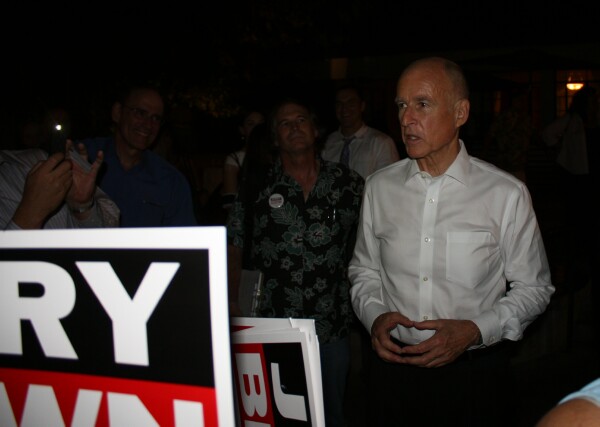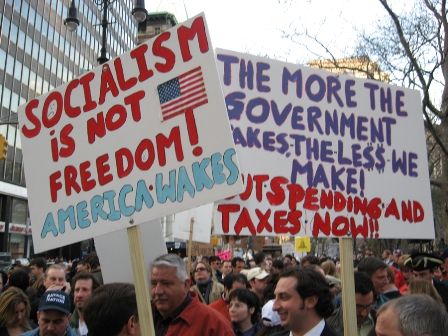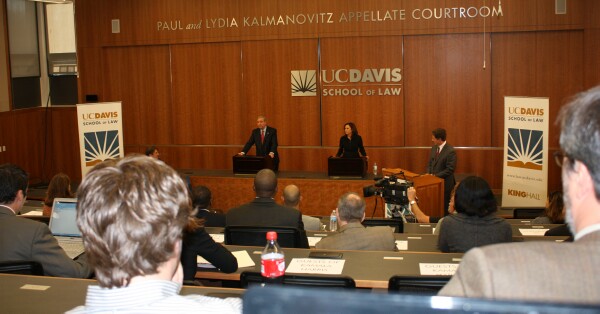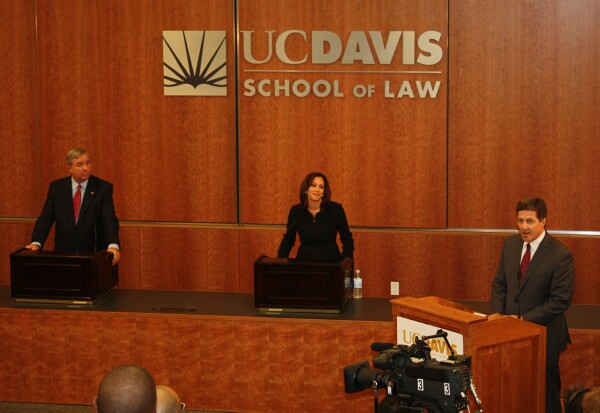Which Polls Did Best? Which Polls Seem Flawed?
 As the campaigns in California were nearing an end, I ran a story on the Field Poll showing both Jerry Brown and Barbara Boxer moving from close races to a big leads. I pay particular attention to the Field Poll because it has long been regarded as the best of the statewide polls.
As the campaigns in California were nearing an end, I ran a story on the Field Poll showing both Jerry Brown and Barbara Boxer moving from close races to a big leads. I pay particular attention to the Field Poll because it has long been regarded as the best of the statewide polls.
I spent a good amount of time in graduate school studying polling and following the debates over the proper way to poll. I recall in the middle part of the decade there was a long debate among pollsters about what factors should be weighed and what factors should be measured. In particular was the question of party indentification.

 For much of the last decade, California has been ungovernable – beset by partisan polarization and hamstrung by a political system designed in another era. The state was led by an inexperienced and at times temperamental Governor, and legislative leaders apparently never quite knew what they were going to get.
For much of the last decade, California has been ungovernable – beset by partisan polarization and hamstrung by a political system designed in another era. The state was led by an inexperienced and at times temperamental Governor, and legislative leaders apparently never quite knew what they were going to get.
 Jerry Brown leads Democratic Sweep in California –
Jerry Brown leads Democratic Sweep in California –  Democratic voters reading this ought to brace themselves for a rough night that is likely to rival 1994, if not exceed it. Angry voters across the nation are poised to sweep out the incumbents yet again in large numbers – this time to the benefit of the GOP.
Democratic voters reading this ought to brace themselves for a rough night that is likely to rival 1994, if not exceed it. Angry voters across the nation are poised to sweep out the incumbents yet again in large numbers – this time to the benefit of the GOP.
 Another proposition that perhaps has not received enough attention is Proposition 26, which would require supermajority voter approval for raising state and local fees by recategorizing them as taxes. This would set up supermajority voter-approval hurdles for what are now regulatory and impact fees that can be adopted by simple majorities of the State Legislature, city councils and boards of supervisors.
Another proposition that perhaps has not received enough attention is Proposition 26, which would require supermajority voter approval for raising state and local fees by recategorizing them as taxes. This would set up supermajority voter-approval hurdles for what are now regulatory and impact fees that can be adopted by simple majorities of the State Legislature, city councils and boards of supervisors.






